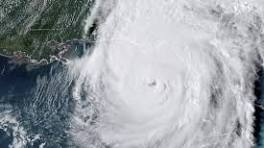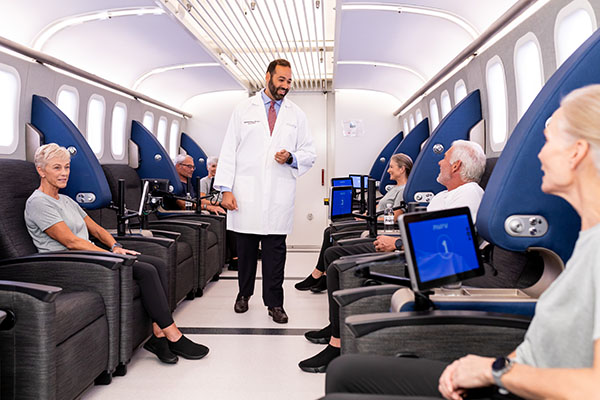It’s that awful time – the hurricane season. The time when the national hurricane center forecasts, repeated ad nauseum, are destined to frighten everyone, no matter how far from affected regions. The same broadcast can dwell on cones and paths, shout at those in beach areas that the evacuation instructions are meant for them – “IF YOU STAY, YOU WILL DIE!” Mapping the cone of the hurricane and talking constantly about evacuation sounds like a plan – but some observe that the distance required to evacuate to safety could be long – and thus talking about availability of shelters makes more sense. So residents who will ‘shelter in place’ stock up before stores begin closing, and gas stations run out of gas . Then they watch the 24-hour source of all fear – cable news, looking for guidance from Jim Cantore, that icon among storm trackers.
But what people need most may be hyperlocal. And that’s where Nextdoor becomes the neighborhood bulletin board in calm times, and an emergency beacon, street-by-street, during stormy weather. With 315,000 neighborhood groups (at least), with rules enforcing a a ‘culture of civility’, facilitated by local moderators that step in when commentary is edgy. Imagine that – a culture of civility. Maybe 50 people are discussing a found dog – and who will adopt. Or they need help in setting up in home equipment or are selling furniture. The ads are also local – so realtors, stores, and service providers all can pay to reach those within their locale.
Back at the hurricane watch. Nextdoor neighborhoods in impacted areas have been ramping up. Advisories, governor notices, evacuation sites and instructions are included in news sites and papers — these migrate onto Nextdoor as local neighborhood members incorporate new content. But the most important aspect of Nextdoor are the requests for help and their responses. “Is there anyone available to help with shutters?” Putting them up? Taking them down? Free or for a small fee. As hurricane Milton (and many before it) demonstrate in Florida, when it is time to put the hurricane shutters on, there are neighbors you have never met on Nextdoor willing to do it — for free and right before the storm is expected to arrive.
Nextdoor users are Internet users. And today, 88% of the 65+ have access to the Internet. So they likely have found Nextdoor for their neighborhoods – and can reach out as my neighbors do, to people they have never met, but are willing to help them. And as Hurricane Helene demonstrated, even when there is no Internet access due to a power outage, Starlink devices have been distributed to provide satellite Internet access. This access can even be provided via newer smartphones today. A hurricane is a terrifying experience – the anticipation, the stay-at-home isolation, and the worry about the aftermath. But the situation is vastly improved with tech access and a neighborhood ‘social network’ like Nextdoor.




